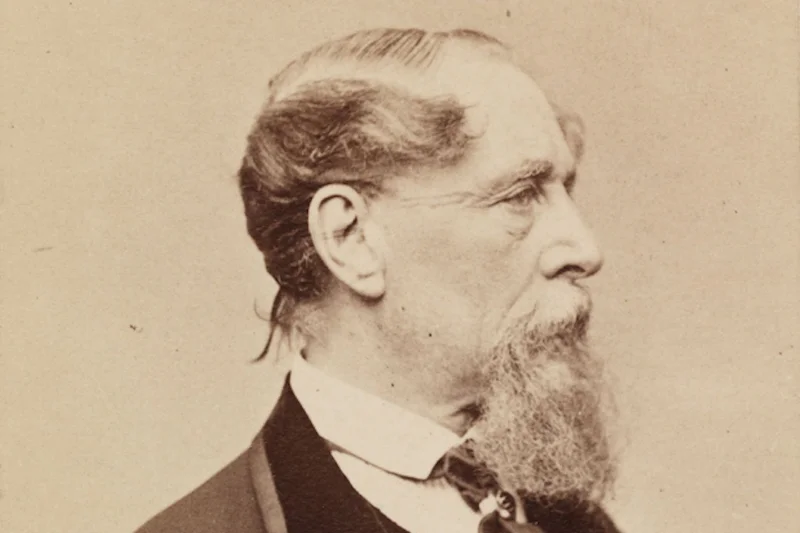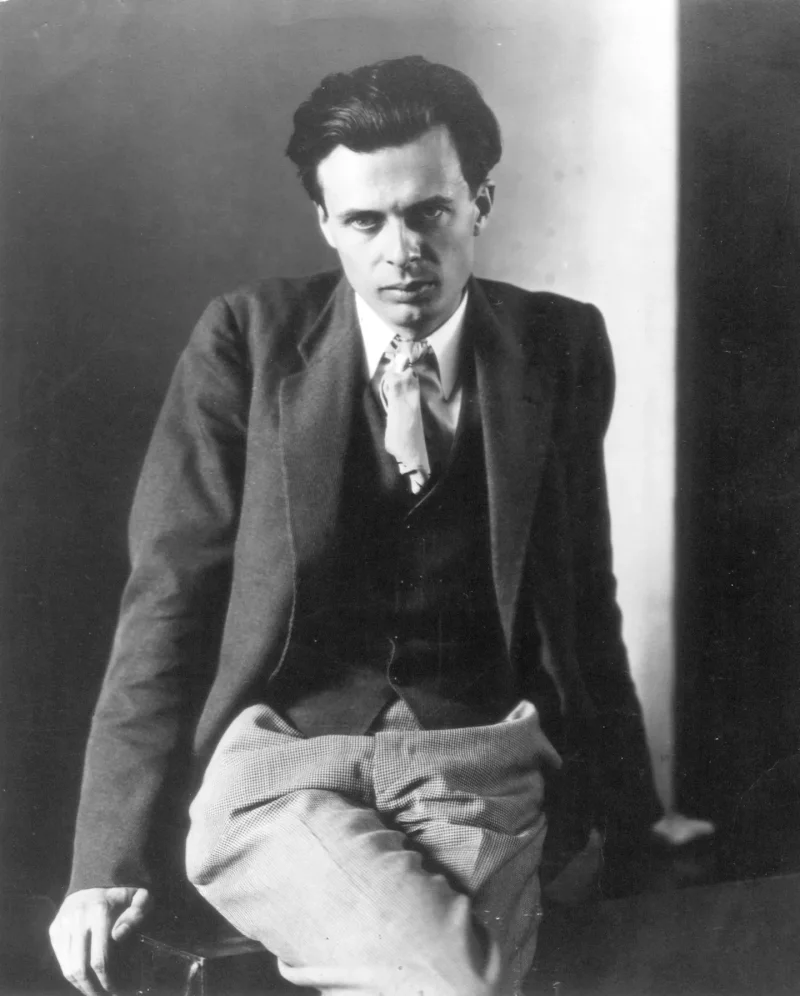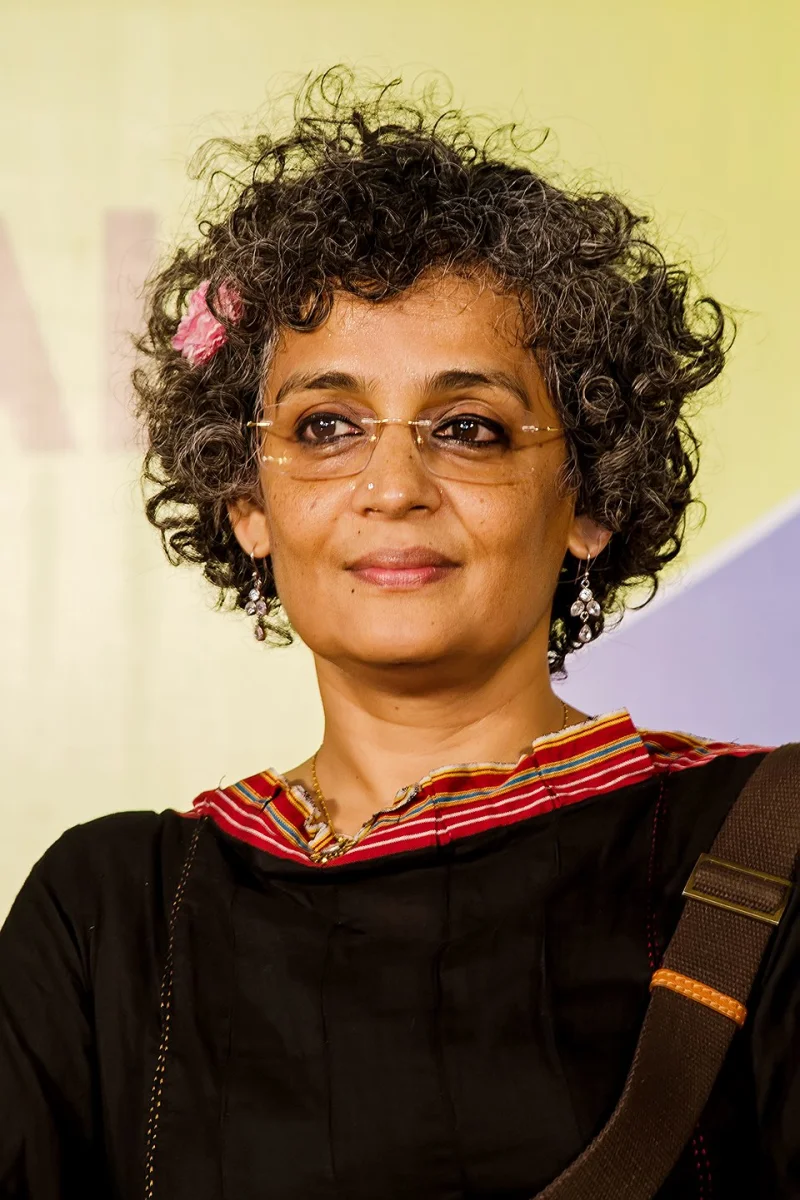Short Summary
Charles Dickens was a renowned English writer and social critic, celebrated for his vivid characters and depictions of Victorian society. Born in 1812, he rose to fame with novels like "Oliver Twist," "A Christmas Carol," and "David Copperfield." His works highlighted social injustices and influenced public opinion, contributing to reforms in child labor and education. Dickens remains a towering figure in literature, known for his storytelling prowess and enduring impact on both literature and social awareness.
Early Life & Education
Born on February 7, 1812, in Portsmouth, England, Charles Dickens was the second of eight children in a financially unstable family. His father, John Dickens, worked as a clerk in the Navy Pay Office, but his spending habits led to financial troubles, culminating in his imprisonment for debt. This hardship forced Charles to work in a boot-blacking factory at age 12, an experience that profoundly affected him and later appeared in his writings. Despite these challenges, he attended school intermittently, developing a love for reading and storytelling.
Career Highlights
Charles Dickens began his career as a writer with "Sketches by Boz," a collection of articles and essays. His first novel, "The Pickwick Papers," published in 1836, gained immense popularity, launching his career as a novelist. Dickens became known for serialized novels, which were published in installments, allowing broad access to his works. With classics like "Great Expectations" and "Bleak House," he illustrated the struggles of the lower classes, combining humor and keen social observation. His public readings and lectures further solidified his status as a literary celebrity.
Major Achievements
- Authored 15 major novels, many of which remain literary classics.
- Helped bring attention to social issues such as poverty and child labor through his works.
- Revolutionized the serial publication format, making literature accessible to a wider audience.
- Founded and edited several weekly periodicals, including "Household Words" and "All the Year Round."
- Performed popular public readings of his works, enhancing his fame and influence.
Famous Quotes
- "It was the best of times, it was the worst of times."
- "Please, sir, I want some more."
- "There is nothing in the world so irresistibly contagious as laughter and good humor."
Interesting Facts
- He had a pet raven named Grip, which inspired Edgar Allan Poe's "The Raven."
- He often walked 20 miles or more in a day for inspiration.
- His novel "A Christmas Carol" is credited with popularizing the phrase "Merry Christmas."
- He used the pseudonym "Boz" early in his career.
- He was buried in the Poets' Corner of Westminster Abbey, a rare honor for a writer.
Legacy / Influence
Charles Dickens' influence on literature and society is profound. His works remain widely read and adapted, reflecting universal themes of social justice and human compassion. Dickens’ storytelling techniques and characterizations set a standard for novelists. His ability to highlight societal issues through engaging narratives paved the way for social reform, influencing generations of writers and activists. His legacy endures in the ongoing relevance and appeal of his literary contributions.
FAQ
Q: Why is Charles Dickens famous?
A: He is famous for his novels that combine storytelling with social commentary, addressing issues like poverty and class disparity.
Q: What are some of his most famous works?
A: Some of his most famous works include "A Christmas Carol," "Great Expectations," and "Oliver Twist."
Q: How did his early life influence his writing?
A: His experiences with poverty and child labor deeply influenced his themes and characters, often highlighting social injustices.
Q: What is unique about his writing style?
A: His use of serialized storytelling and memorable, complex characters set his writing apart.










